Understanding How NHS Dentists Work
As someone who has used the NHS dental services for many years, I can tell you firsthand how valuable this system is. The National Health Service (NHS) in the UK provides comprehensive dental care, ensuring that everyone, regardless of their financial situation, can access professional dental services. But how exactly does an NHS dentist work? What do you need to know to make the most of your appointment? Let’s dive into the details.
1. What is an NHS Dentist?
An NHS dentist works within the framework of the National Health Service, which is the public healthcare system in the UK. Unlike private dental care, where you pay for services out-of-pocket or via insurance, NHS dental services are provided at a subsidized cost. NHS dentists follow a specific set of guidelines and charge fees based on the type of treatment provided, making it an affordable option for many people.
1.1 NHS vs. Private Dentistry
The key difference between NHS dentists and private dentists lies in the cost structure and the type of care you can receive. While NHS care is subsidized and typically more affordable, private dentists offer a broader range of cosmetic treatments and often have shorter wait times. However, if your primary concern is maintaining good oral health, NHS dentists are a great choice for regular check-ups, fillings, and necessary dental work.
2. How to Find an NHS Dentist Near You
If you’re new to the NHS or simply wondering how to find an NHS dentist near you, the process is simple. The first step is to visit the official NHS website, which allows you to search for NHS dentists in your area. Additionally, you can ask for recommendations from friends or family members who have used NHS dental services. I personally found it helpful to call a few local practices to inquire about availability and get a feel for the practice’s environment.
2.1 Booking Your First Appointment
When you find an NHS dentist, the next step is booking your first appointment. Many practices offer online booking, or you can call directly to schedule an appointment. Be prepared to provide some basic information, including your address and NHS number. It’s also a good idea to ask about the types of services they offer, as some NHS dentists may specialize in specific treatments.
2.2 Waiting Times for Appointments
One thing to keep in mind when booking with an NHS dentist is that waiting times for appointments can vary, especially in busy areas. Some people may experience longer wait times for routine check-ups or specific treatments. However, if you have a dental emergency or urgent care need, NHS practices are equipped to handle those cases with faster appointments.
3. Types of Treatments Offered by NHS Dentists
NHS dentists provide a wide range of treatments, from basic check-ups to complex procedures. The services you can expect will depend on the NHS band system, which classifies dental treatments into three bands based on the complexity and cost of the treatment.
3.1 Band 1 Treatments
Band 1 treatments are the most basic and typically involve an examination, diagnosis, and preventative advice. These treatments also cover basic treatments like fillings or extractions if necessary. These are the types of treatments you can expect during a routine check-up.
3.2 Band 2 Treatments
Band 2 treatments go beyond the basic check-ups and include more complex procedures like fillings, extractions, or treatment for gum disease. These services are still quite affordable under the NHS, though the cost is higher than Band 1 services.
3.3 Band 3 Treatments
Band 3 treatments are for more complex dental procedures, such as crowns, dentures, or bridges. These treatments may require several visits and are typically more expensive than Band 1 or Band 2 treatments, but they remain much more affordable than private dental care.
4. NHS Dental Charges
The cost of dental treatments under the NHS is structured into three bands, as mentioned earlier. Band 1, which covers basic check-ups and preventative care, is the least expensive. Band 2, which covers more involved treatments like fillings and extractions, costs slightly more. Band 3, which includes complex procedures such as crowns and dentures, has the highest charges.
4.1 Financial Support for NHS Dental Care
If you’re worried about the cost, you might be eligible for financial support through the NHS Low Income Scheme, which can help reduce or cover your treatment costs. Additionally, if you are under 18, over 65, or receive certain government benefits, you may qualify for free dental care. I’ve found that many people don’t realize the extent of the financial help available, so it’s worth checking if you qualify.
5. What to Expect During Your Appointment
Your first NHS dentist appointment will typically start with a thorough examination of your teeth and gums. The dentist will look for any signs of cavities, gum disease, or other oral health issues. Based on the results, they’ll discuss the best treatment options with you. For more complex procedures, the dentist will explain the steps involved and give you an idea of what to expect throughout the treatment process.
5.1 Treatment Plans and Follow-up Care
Depending on the outcome of your exam, the dentist may create a treatment plan tailored to your needs. If additional treatments are needed, such as fillings or extractions, the dentist will schedule follow-up appointments. It’s essential to follow their advice and keep up with regular check-ups to maintain optimal oral health.
6. How to Make the Most of Your NHS Dental Care
To get the best experience with your NHS dentist, it’s crucial to maintain open communication with the dental office. Don’t be afraid to ask questions about treatments or costs. If you have concerns about certain procedures or financial matters, discussing them upfront can help you feel more at ease.
6.1 Staying on Top of Regular Check-ups
One of the best things you can do for your dental health is to keep up with regular check-ups. These visits are essential for early detection of any issues and for receiving advice on maintaining good oral hygiene. Regular visits to an NHS dentist can save you money in the long run by preventing serious dental problems.
6.2 Managing Dental Emergencies
In case of a dental emergency, NHS practices are equipped to handle urgent situations. Many NHS dentists will provide emergency care, so if you find yourself in need of immediate dental attention, don’t hesitate to contact your local practice. I’ve personally found the NHS to be quite responsive in emergency situations, which adds to the overall comfort of knowing they’re there when you need them most.

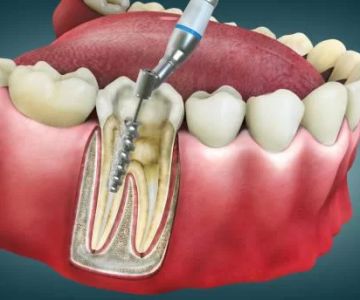
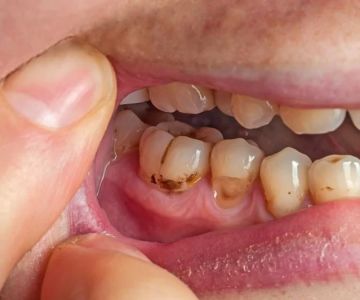

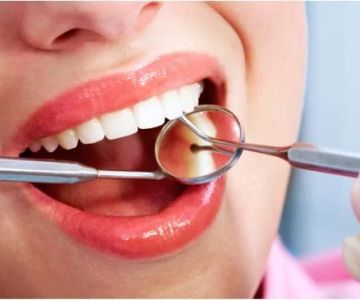
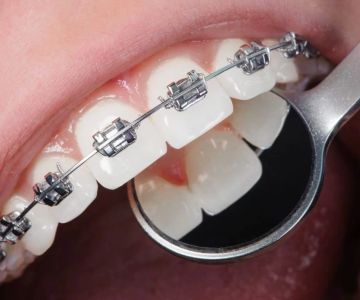
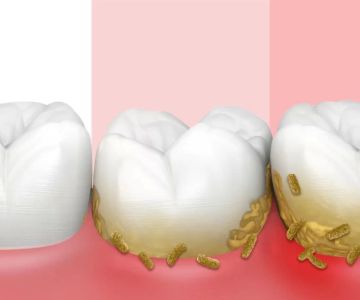
 Dental Group of Covina
Dental Group of Covina Doc Bresler's Cavity Busters
Doc Bresler's Cavity Busters Northside Dental Co.
Northside Dental Co. The Endodontic Group: Milford
The Endodontic Group: Milford A&B Scarsdale Family Dental Cosmetic Dentistry
A&B Scarsdale Family Dental Cosmetic Dentistry Triplett & Livingston Dental
Triplett & Livingston Dental The Importance of Oral Health Education During Pregnancy for a Healthy Pregnancy
The Importance of Oral Health Education During Pregnancy for a Healthy Pregnancy Why Skipping Dental Checkups Can Lead to Bigger Oral Health Problems
Why Skipping Dental Checkups Can Lead to Bigger Oral Health Problems Advantages of Porcelain Dental Restorations
Advantages of Porcelain Dental Restorations Best Tips for Brushing Your Teeth Properly for Healthy Gums: Essential Techniques for Oral Health
Best Tips for Brushing Your Teeth Properly for Healthy Gums: Essential Techniques for Oral Health How Can Diabetes Cause Tooth and Gum Problems? Preventing and Managing Oral Health Issues
How Can Diabetes Cause Tooth and Gum Problems? Preventing and Managing Oral Health Issues Healthy Habits for Promoting Good Oral Health and Hygiene: Tips for a Healthy Smile
Healthy Habits for Promoting Good Oral Health and Hygiene: Tips for a Healthy Smile